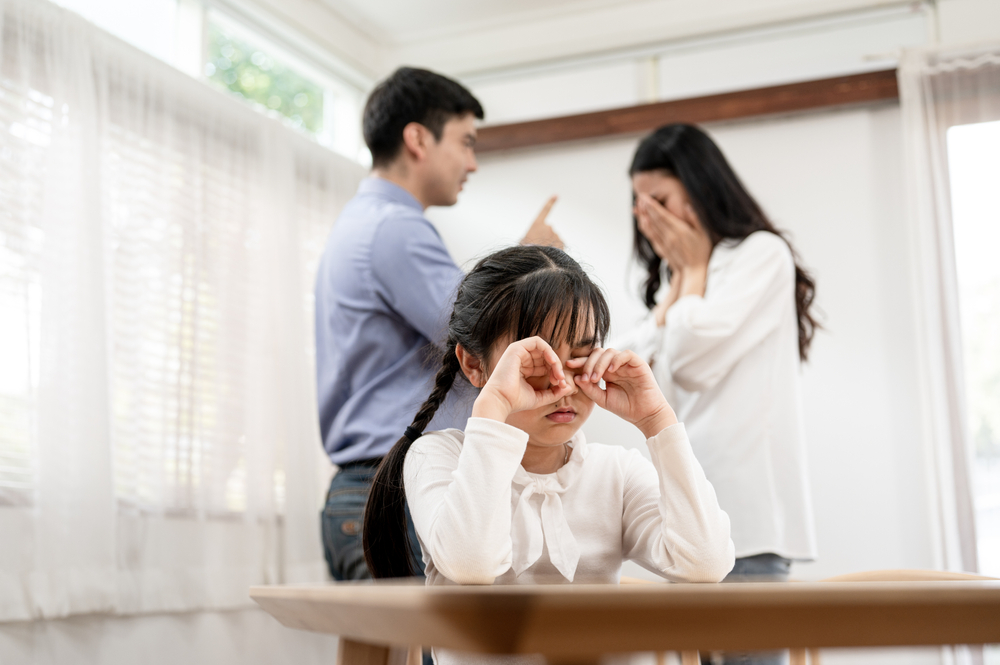The Cleveland Clinic describes stress as “a normal reaction the body has when changes occur, resulting in physical, emotional and intellectual responses.” Stress can be subdivided into different categories: positive stress, tolerable stress, and toxic stress. Positive stress responses are characterized by brief increases in heart rate and hormone levels and are designed to help a child adjust to new situations. Tolerable stress responses activate the body’s alert systems to a greater degree because of more severe, longer-lasting difficulties, and can be useful in helping a young person remain alert, motived, and prepared to avoid danger. Toxic stress response can occur when a child experiences “strong, frequent and/ or prolonged adversity which results in changes to their baseline state.” Some common toxic stress triggers in children, according to the American Academy of Child & Adolescent Psychiatry, include:
- Schoolwork (e.g., homework, projects, exams, etc.)
- Extracurricular commitments
- Problems with school friends and/ or peers
- Low self-esteem
- Separation or divorce of parents
- Body changes
- Death of a loved one
- Being overscheduled
- Family financial problems
- Moving
- Switching school
Toxic stress can provoke undesirable alterations to one’s physical, psychological, and physiological functioning. Toxic stress in a child prohibits their endocrine, digestive, excretory, immune, circulatory, and reproductive systems from performing at their optimal levels.
Signs & Symptoms
Toxic stress can manifest in children and teenagers in a variety of ways. There are behavioral, physical, and emotional signs and symptoms that can occur because of toxic stress, some of which may include any combination of the following examples, provided by the Mayo Clinic:
- Physical symptoms of stress:
- Chest pain
- Exhaustion
- Muscle tension
- Aches and pains
- Headaches
- Digestive problems
- Shaking
- Dizziness
- Weakened immune system
- High blood pressure
- Weight fluctuations
- Emotional symptoms of stress:
- Panic attacks
- Sadness
- Depression
- Anxiety
- Irritability
- Fear of missing out
- Feelings of hopelessness
- Behavioral signs and symptoms of stress:
- Avoids previously enjoyed pastimes
- Sleep disturbances (e.g., sleeps too much or too little)
- Overeats
- Substance abuse and/ or excessive drinking
- Engaging in risky behavior (e.g., unsafe sex)
- Social withdrawal
Untreated toxic stress increases a young person’s risk for stress-related disease and cognitive impairment, well into the adult years.
Further Information and Support
For most of us, life can be very stressful, leading us to feel emotionally charged, which can cause anxiety, panic attacks, depression, and getting stuck in a cycle of being burdened with negative thoughts. Navigating through the challenges and emotional turmoil of life can be overwhelming, but you do not have to go through it alone. Engage Treatment is a Joint Commission Accredited professional psychological practice. We specialize in treating children, teens, and young adults struggling with depression and anxiety through community-focused treatment plans that incorporate a carefully selected combination of therapeutic interventions. Our compassionate, multidisciplinary practitioners are devoted to providing the highest quality of care that helps ignite positive change and enables clients to reach optimal health and well-being. Please do not hesitate to reach out for guidance. We are happy to answer questions and provide you with any additional information. Feel free to call us at 805-497-0605 or email us at [email protected]. You are also welcomed to get in touch by filling out our contact form. We look forward to connecting and having the opportunity to discuss how we might best be able to support you.

